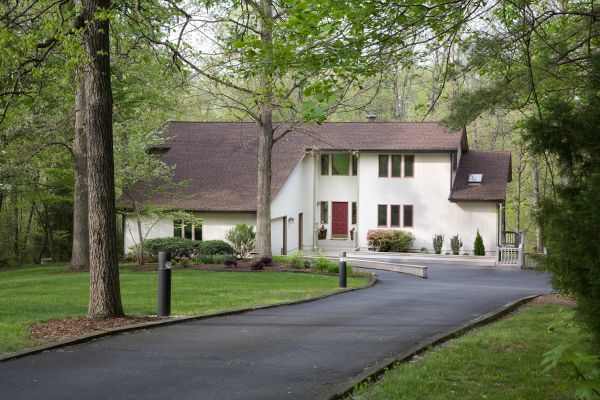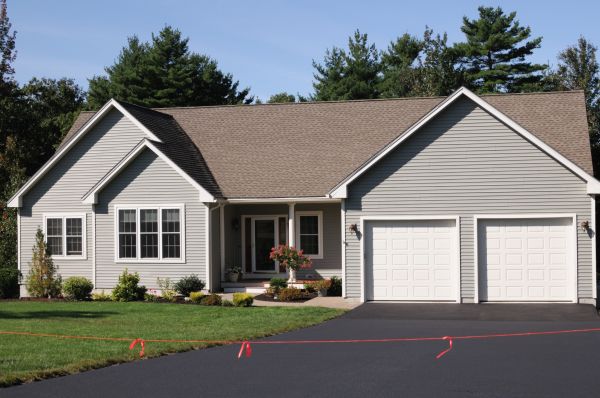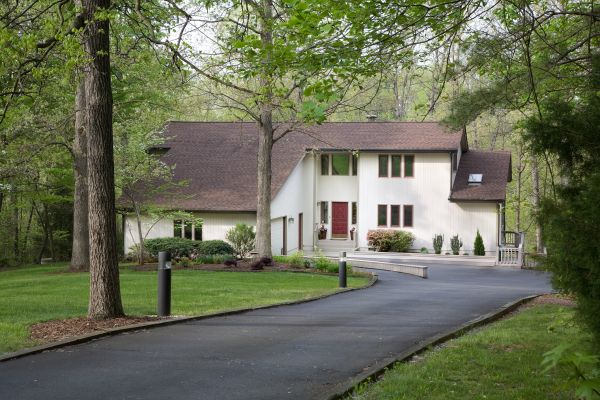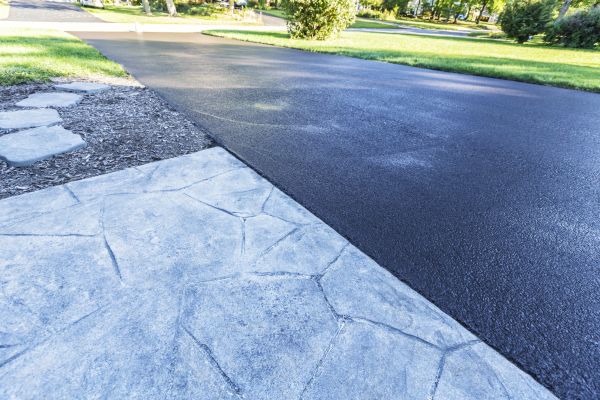Residential Driveway Sealing Service
Affordable Residential Driveway Sealing
Residential driveway sealing is a crucial maintenance practice that involves applying a protective layer over the surface of your driveway. This process is essential for preserving the integrity and appearance of your driveway by preventing damage from harsh weather conditions, chemicals, and everyday wear and tear. Over time, driveways can develop cracks and lose their visual appeal, which not only affects the overall aesthetics of your property but can also lead to costly repairs if left unaddressed. By investing in driveway sealing, homeowners can extend the lifespan of their driveways and maintain the curb appeal of their homes.
Benefits of Residential Driveway Sealing
-
Protection Against the Elements
Driveways are constantly exposed to the sun, rain, snow, and ice. Sealing provides a barrier that protects against UV rays, water penetration, and freeze-thaw cycles, which can cause cracks and deterioration over time. -
Enhances Curb Appeal
A freshly sealed driveway has a rich, dark finish that enhances the overall look of your home. It provides a polished appearance that can increase the visual appeal and even the value of your property. -
Prevents Damage and Cracking
Sealing helps to fill minor cracks and prevents the formation of new ones by keeping out water and debris. This proactive measure can save homeowners from more extensive repairs in the future. -
Cost-Effective Maintenance
Regular sealing is a cost-effective way to maintain your driveway. It helps avoid larger issues that could require expensive repairs or even complete replacement, thereby saving time and resources in the long run.
FAQs About Residential Driveway Sealing
How often should a driveway be sealed?
Driveways typically need to be sealed every 2 to 3 years, depending on the climate and the amount of traffic they endure.
Can sealing be done on all types of driveways?
Sealing is most commonly applied to asphalt driveways. Concrete driveways can also benefit from sealing, but the products and methods may differ.
What is the best time of year to seal a driveway?
The best time to seal a driveway is during warm, dry weather, typically in late spring or early summer, to ensure proper curing.
How long should I wait before using my driveway after sealing?
It is generally recommended to wait at least 24 to 48 hours before driving or parking on a newly sealed driveway to allow it to fully cure.
Fill out the contact form today to request Residential Driveway Sealing and enjoy the benefits of a protected, visually appealing, and long-lasting driveway.




